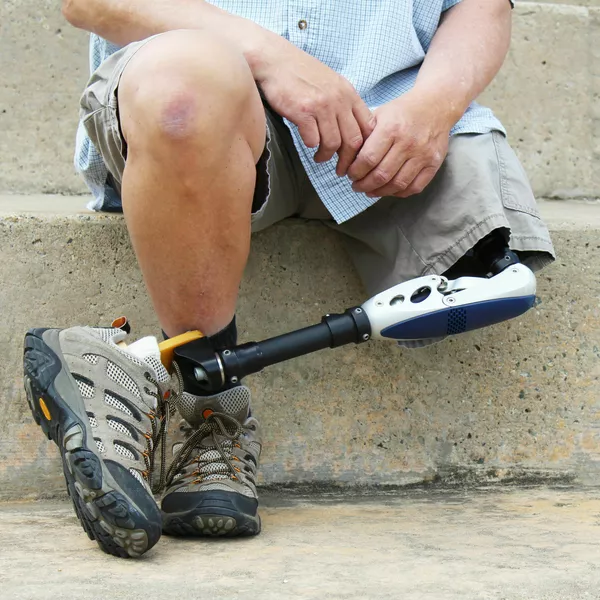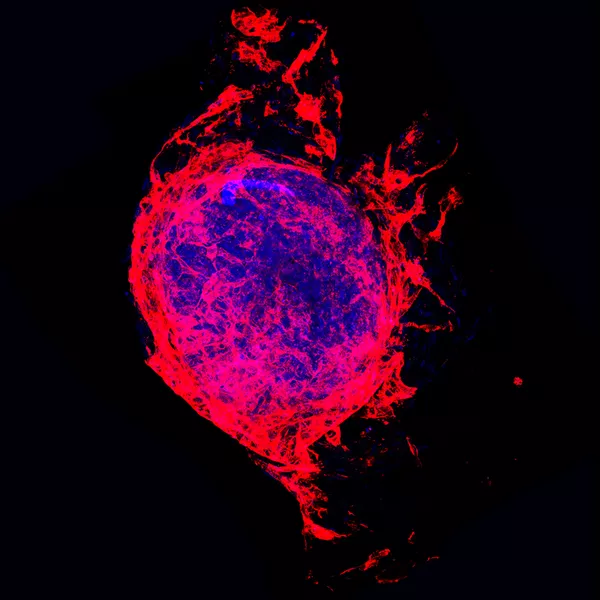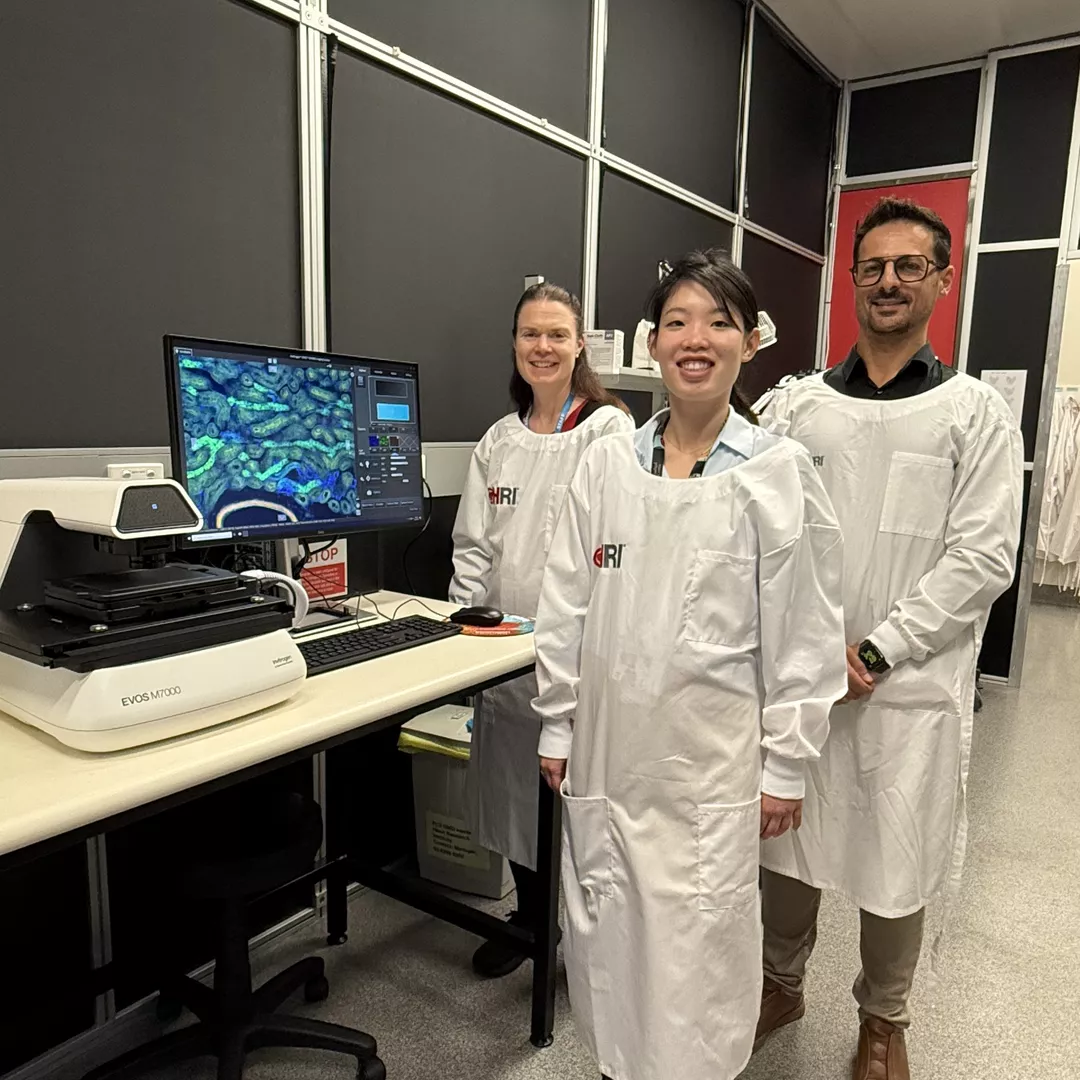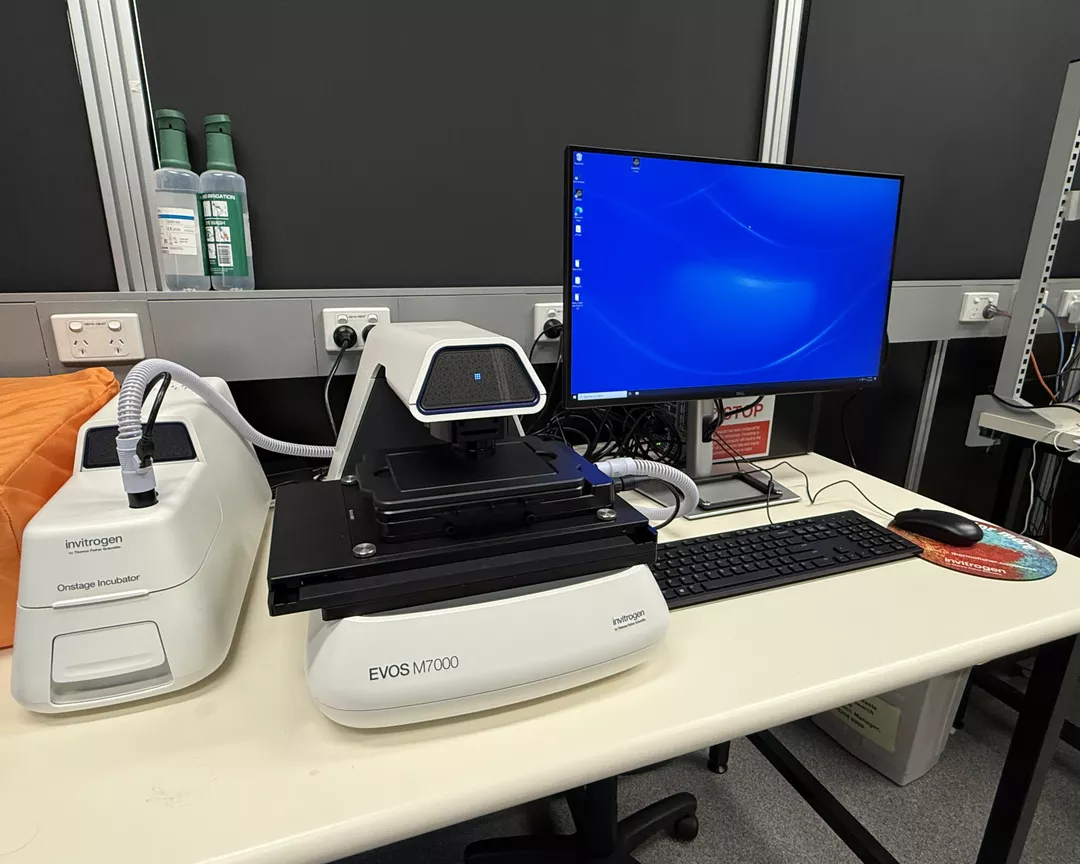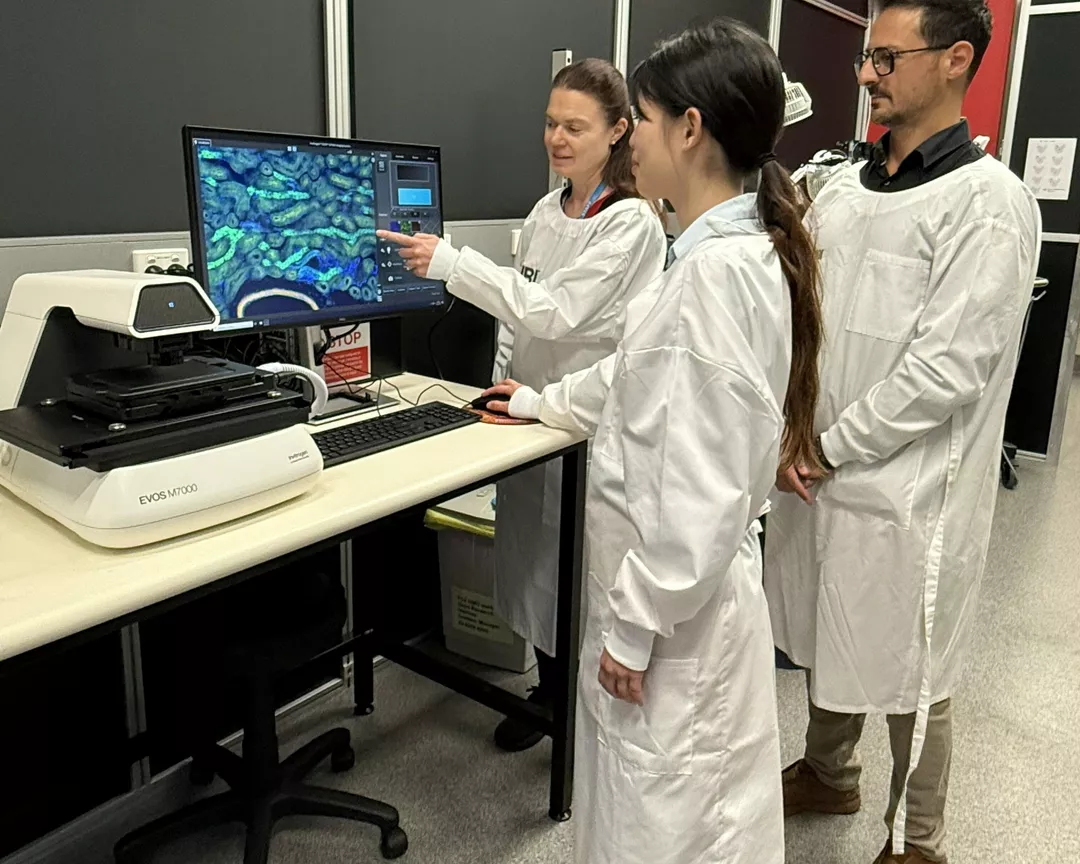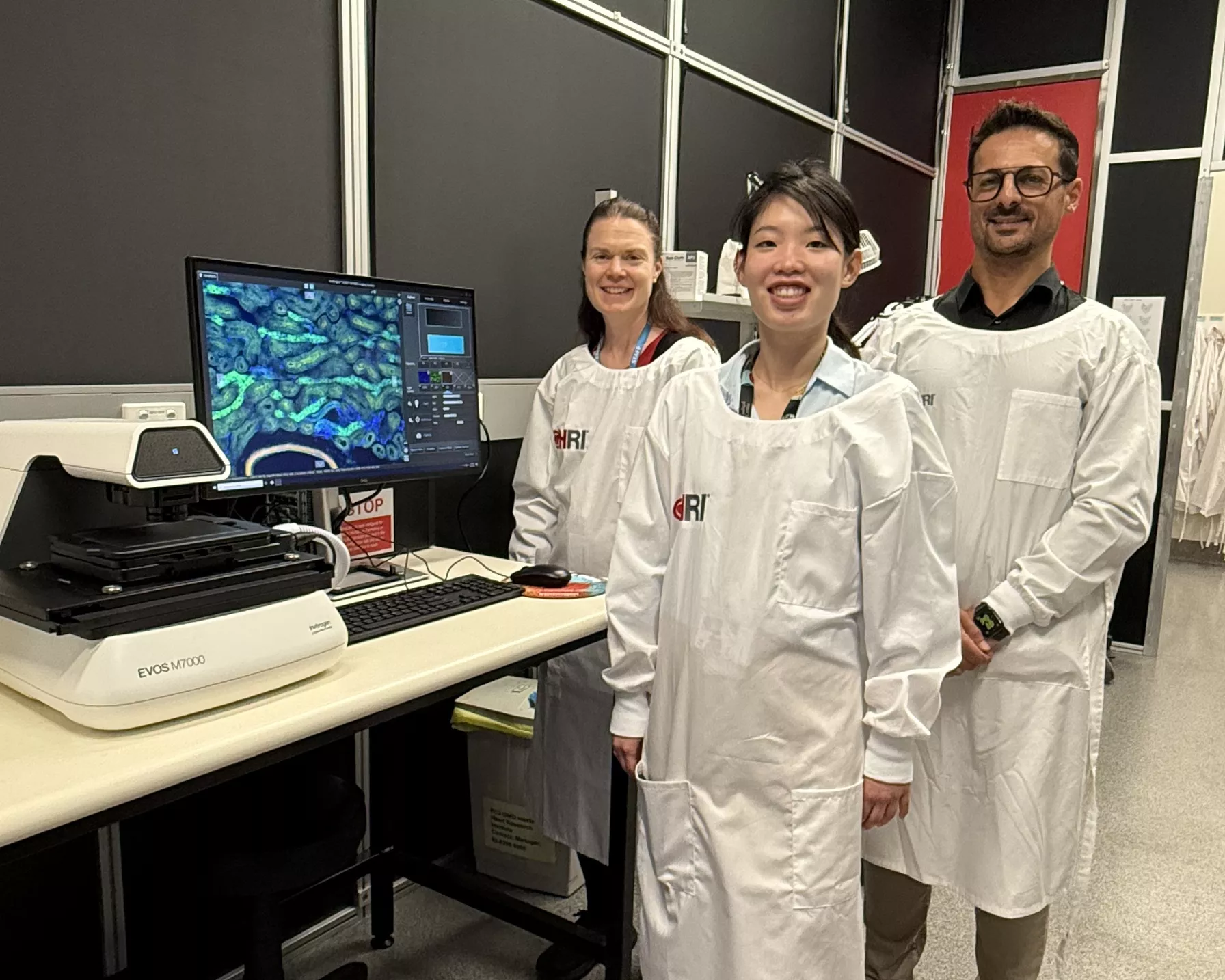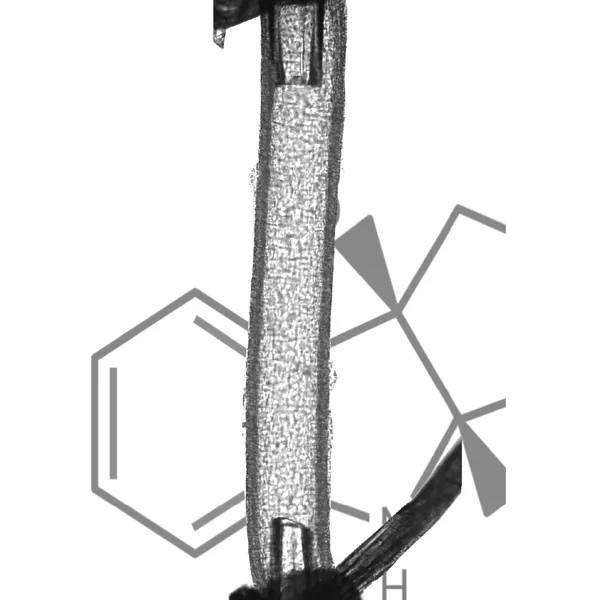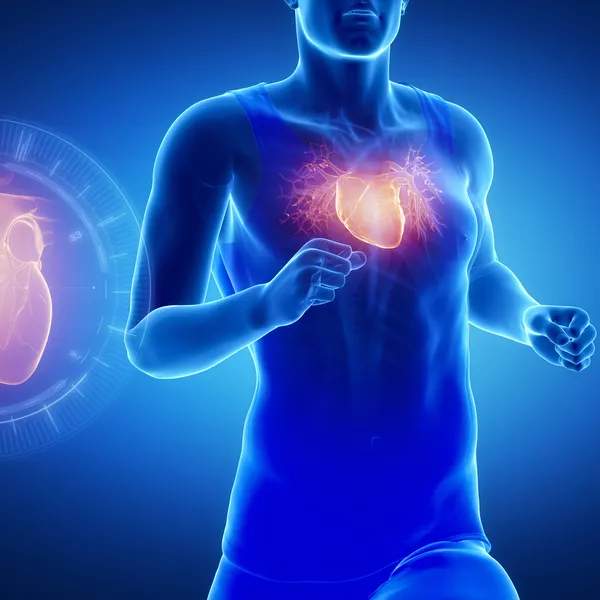
The Heart Research Institute (HRI) is proud to announce a generous $200,000 funding award from the Hillcrest Foundation to roll out a cutting-edge new microscope platform.
The grant has enabled HRI to purchase the Thermo Fisher EVOS M7000 Imaging System – an advanced microscope that will enhance the speed, precision and impact of HRI’s research across multiple programs.
This brings Hillcrest’s total contribution to HRI to $350,000 over recent years, cementing a shared commitment to improving heart health through innovation.
“This microscope is more than just a tool - it’s a launchpad for discovery,” said Professor Julie McMullen, HRI’s Deputy Director and Director of Research. “It will allow us to visualise cells and tissues like never before - live, in colour, and in real time.”
“This incredible support from the Hillcrest Foundation will supercharge our research.”
“Thanks to this support, we can test the toxicity of cancer therapy on mini-hearts,” added Associate Professor Carmine Gentile.
From left: Professor Julie McMullen, Dr Clara Liu and Associate Professor Carmine Gentile with the EVOS M700
Seeing the unseen to solve Australia’s number one cause of death
The Thermo Fisher EVOS M7000 enables high-resolution, live-cell, multicolour fluorescent imaging - critical for uncovering how cardiovascular disease evolves at the cellular level.
Research groups across HRI will benefit:
· The Heart Muscle Research Laboratory, headed up by Professor McMullen, will study how cancer therapies damage the heart, with the goal of preventing cardiotoxicity and protecting cardiac tissue.
· The Cardiovascular Regeneration Group, led by Associate Professor Gentile, will model heart disease and disease progression as well as drug-induced toxicity in advanced cardiac organoids and tissue-models (mini-hearts).
· The Cardiovascular Immunotherapy Unit, led by Dr Sian Cartland, will investigate inflammatory triggers behind heart disease.
· The Centre for Peripheral Artery Disease Centre, headed by Associate Professor Mary Kavurma, will test treatments that restore blood flow in diseased limbs.
· The Microvascular Research Laboratory, led by Dr Chris Stanley, will track how blood vessels fail during sepsis and heart failure.
“Hillcrest Foundation’s investment is not just in technology - it’s in discovery, innovation and saving lives,” said Professor Andrew Coats AO, HRI’s Scientific Director and CEO.
“We’re thankful for Hillcrest Foundations deep support of HRI to help accelerate cardiovascular breakthroughs.”
Cardiovascular disease is one of the leading causes of death in Australia, responsible for more than 600,000 hospitalisations each year and 18.6 million deaths globally.
With the Hillcrest Foundation’s support, HRI researchers are one step closer to changing those numbers – and changing lives.
Related research areas

